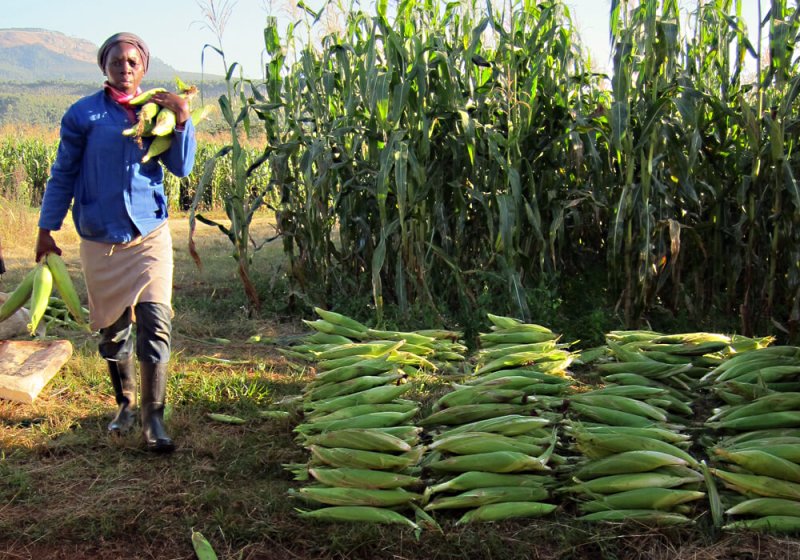Developing countries are slowly increasing approved legislation and opening the door to research and commercialization of GMO crops. As these countries seek to expand their export markets, improve domestic living conditions, and address food insecurity in the wake of conflict and climate change, some are seeing a solution in genetically engineered crops.
This is likely to expand an already intense debate on biotechnology, as GMOs come to the fore of food and agriculture policy in the developing world.
…
GMOs have also gained support as a means of addressing growing food insecurity.
African nations in particular have become central to the debate as many parts of the continent are susceptible to drought or civil conflict that can lead to famine or near-famine conditions. But until recently only four African nations — Burkina Faso, Egypt, Sudan, and South Africa — permitted GMOs to be used in commercial agricultural production. South Africa is the only one to allow GMO food, while the remaining three permit GMO cotton.
Read full, original post: What are the political drivers for GMOs in developing countries?































